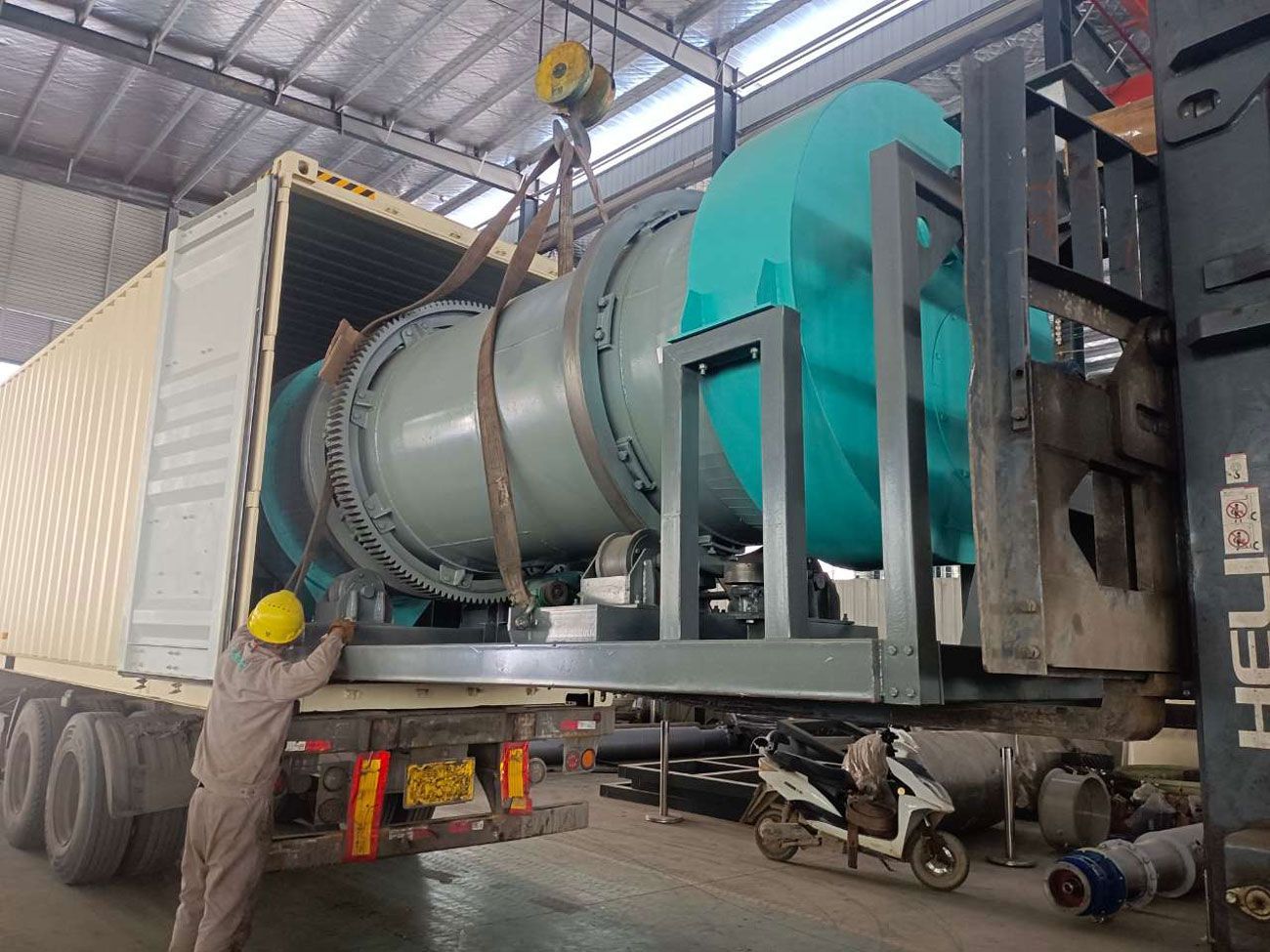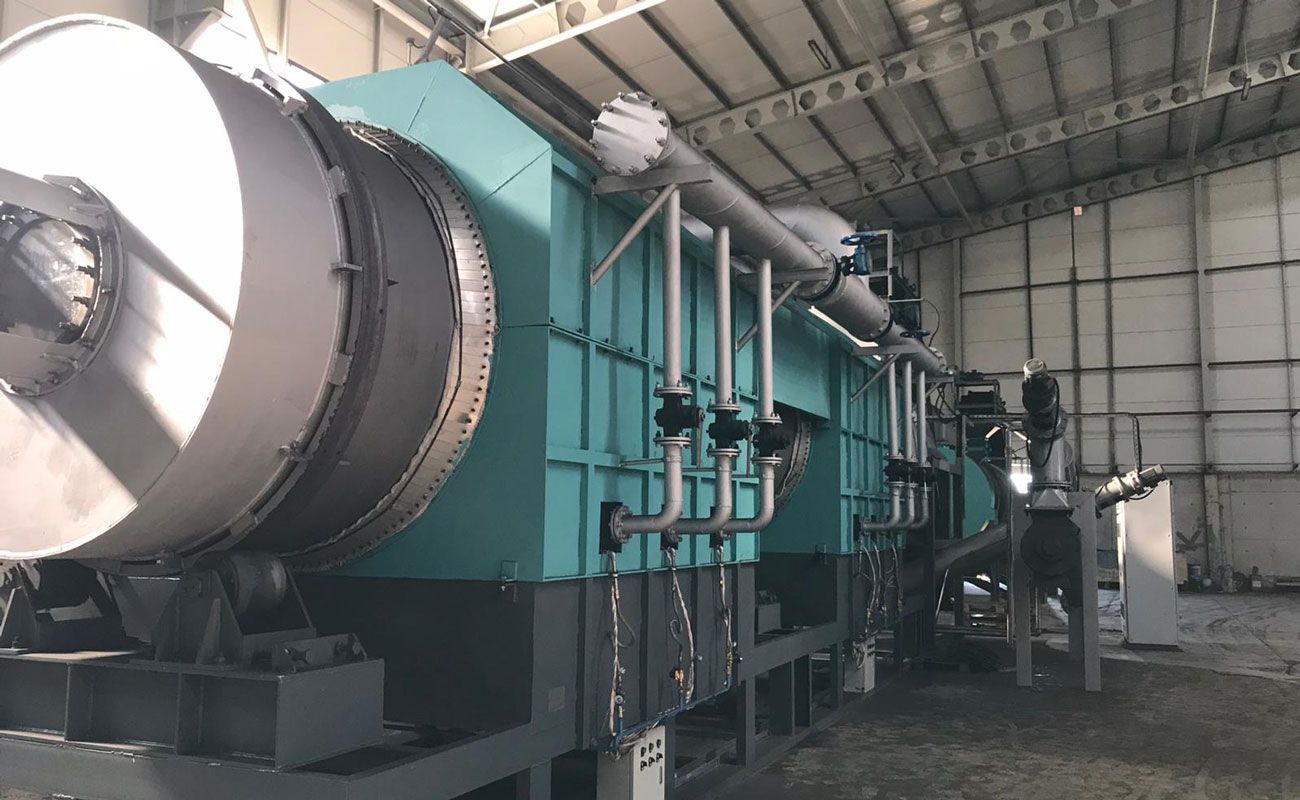3 Key Reasons to Invest in a Carbonization Machine
The practice of carbonizing food has its roots in ancient preservation techniques, offering a reliable means of extending the shelf life of various edibles.

The practice of carbonizing food has its roots in ancient preservation techniques, offering a reliable means of extending the shelf life of various edibles. Operating through dry heat, a carbonization machine
reduces the moisture content of food significantly, ensuring prolonged preservation and the preservation of its natural flavors.
Amid the multitude of options available on the market, it's crucial to acknowledge that not all carbonization machines are equal. These devices vary in size, capacity, and cost. To ensure optimal value for your investment, diligent research should precede any purchase decision.
Here are three fundamental reasons why a carbonization machine is an indispensable addition to your commercial kitchen:
Enhances Food's Palatability
The process of carbonization, or food dehydration, can work wonders in tenderizing a variety of foods. By expelling a considerable portion of the water content, meats' connective tissues are broken down, resulting in a tender texture. This especially benefits dishes containing meats like beef, transforming them from chewy to melt-in-the-mouth textures.
Catering businesses and restaurants that pride themselves on serving tender cuts of meat stand to gain significantly from integrating a carbonization machine into their operations. Moreover, the process of carbonization doesn't merely affect meats' texture; it prolongs their shelf life even after cooking. Carbonized vegetables also boast enhanced digestibility, as the process breaks down complex fibers, reducing the likelihood of digestive discomfort.
Elevates Flavor Profiles
Carbonization offers more than just improved textures; it enhances and retains the natural flavors of food. The reduction of excess water ensures that the true essence of the ingredients is preserved, without dilution. Particularly for vegetables and meats, this means they retain their original flavors, unaltered by added spices or sauces.
For commercial kitchens that often use consistent spice blends across multiple dishes, this attribute prevents flavor cross-contamination, ensuring culinary integrity. The enhanced natural flavor profile also translates into cost savings, as the reliance on excessive seasoning diminishes.
An added benefit is the reduction of oxidation, the browning effect that often affects fruits and vegetables when exposed to air. By averting oxidation, carbonization extends the longevity of perishable produce.
Maintains Food's Structural Integrity
A crucial merit of carbonization is its ability to preserve the structural integrity of foods. This attribute is particularly advantageous for meats, which can easily turn mushy if not cooked perfectly. Carbonized foods retain their shape even after slicing, making them ideal for presentation and preparation. View the pyrolysis of biomass
.
In addition to the core benefits outlined, carbonization machines also provide several other advantages, including:
Eliminating the need for chemical additives and preservatives.
Warding off freezer burn, reducing food wastage.
Prolonging the shelf life of food naturally, without the reliance on chemicals.
Reducing the frequency of food purchases through extended preservation and diminished waste.
Incorporating a carbonization machine into your commercial kitchen is a prudent decision. When evaluating options, prioritize machines with digital controls for precision, substantial capacity to meet demands, and a robust warranty for peace of mind. The integration of this technology will undoubtedly enhance your kitchen's efficiency and elevate the quality of your culinary creations.

